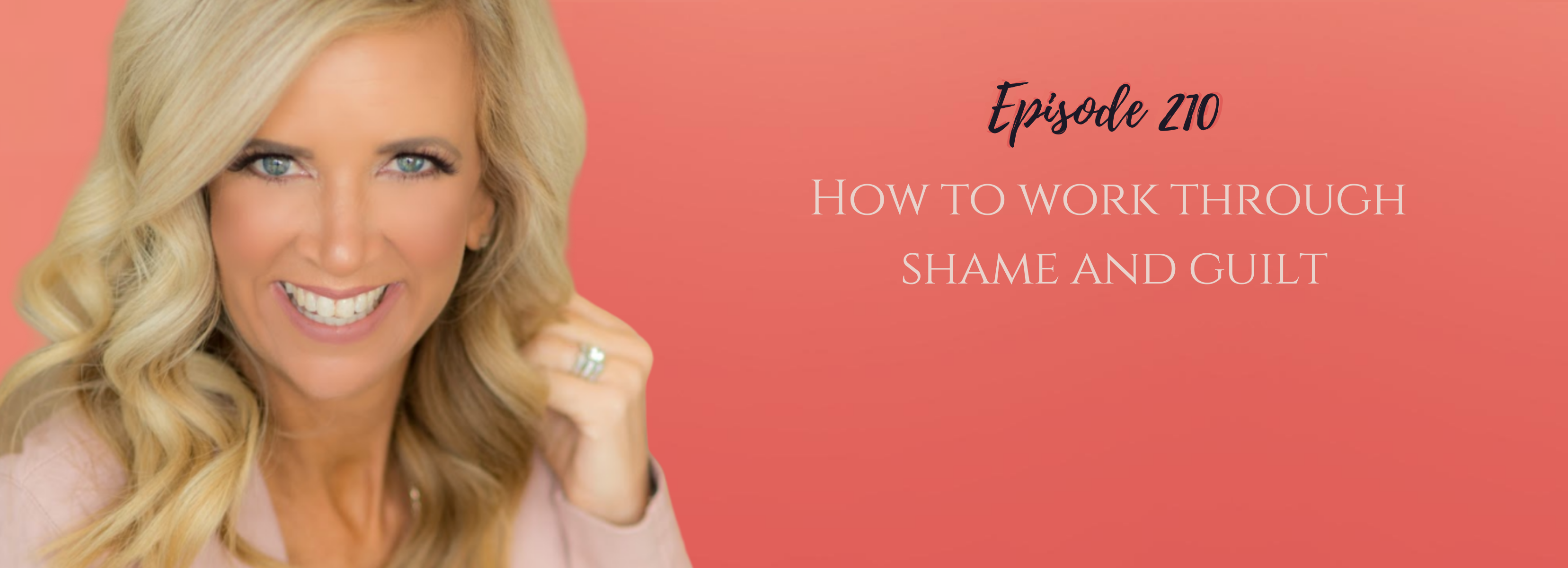
How to Work Through Shame and Guilt| 4.26.2023
In this episode, Kristen talks about the difference between shame and guilt, how shame can be passed down through generations and some healthy ways to work through it.
You'll Learn
-
How shame and guilt affect your life and relationships
-
Personal examples of how Kristen has worked through shame and guilt
-
The importance of facing shame instead of hiding it
-
9 ways to begin working with shame
Resources
It's Not Always Depression with Hilary Jacobs Hendel
For counseling services near Indianapolis, IN, visit www.pathwaystohealingcounseling.com.
Subscribe and Get a free 5-day journal at www.kristendboice.com/freeresources to begin closing the chapter on what doesn’t serve you and open the door to the real you.
Subscribe to the Close the Chapter YouTube Channel
This information is being provided to you for educational and informational purposes only. It is being provided to you to educate you about ideas on stress management and as a self-help tool for your own use. It is not psychotherapy/counseling in any form.